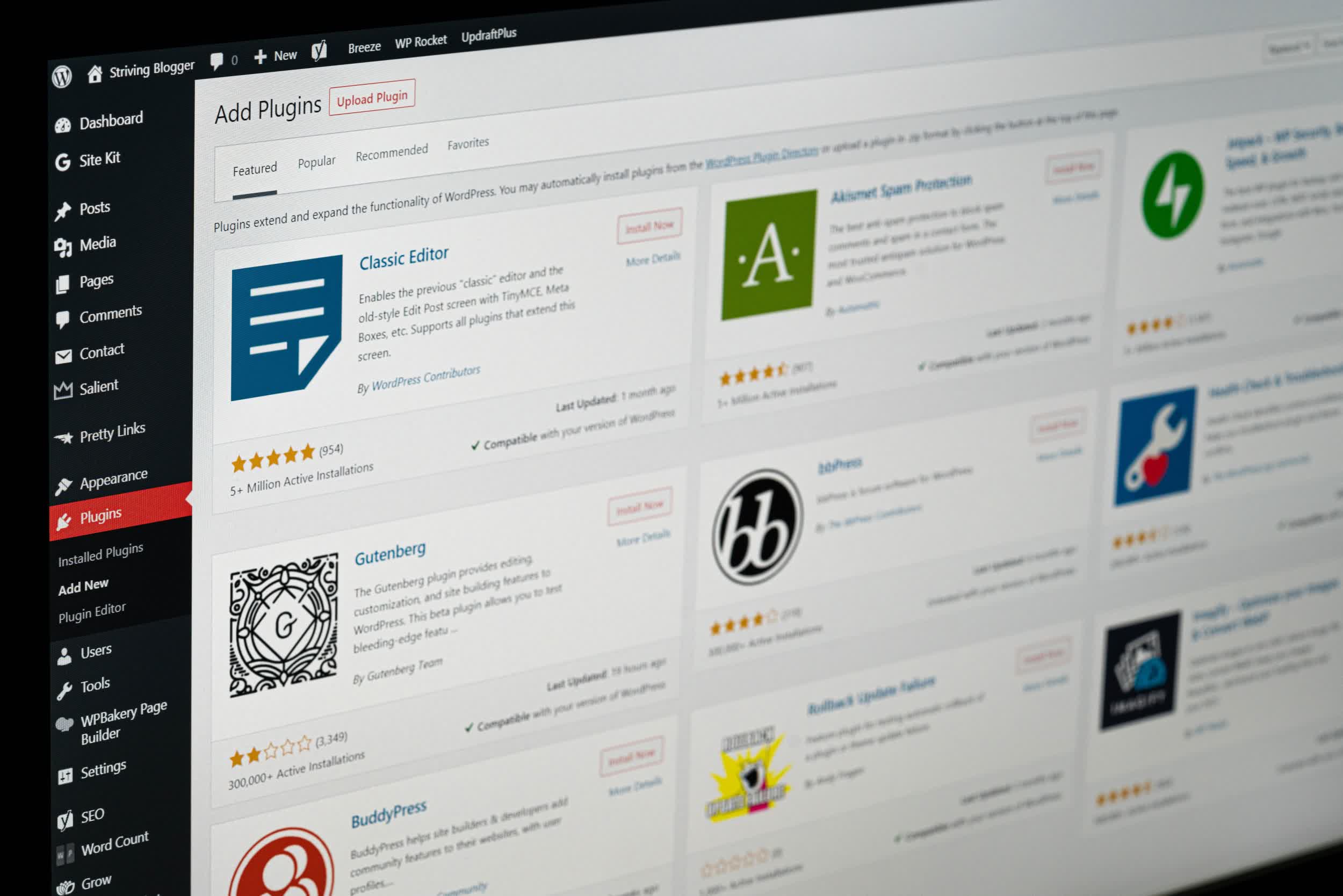Tech News
Judge orders WordPress parent company to stop blocking WP Engine

Why it matters: A legal feud between the co-founder of WordPress and a private equity-owned WordPress hosting platform has taken a sharp turn in favor of the latter. WP Engine users can resume normal operations but remain stuck in the crossfire of a fight that could impact tools critical to many websites.
A California judge has granted hosting platform WP Engine a temporary injunction against WordPress parent company Automattic. Until the court battle between them is resolved, WordPress.com can no longer block WP Engine from accessing its toolchain.
The court confirmed the injunction partly out of concern for WP Engine users, who aren’t involved in the legal war between the platform and Automattic. Blocking WP Engine prevented users from viewing WordPress.com updates and accessing other crucial tools. WP Engine praised the ruling, saying it preserves the stability essential for collaboration within the WordPress community.
We are grateful that the court has granted our motion for a preliminary injunction that restores access to and functionality of wordpressdotorg for WP Engine, its customers and its users.
This ruling provides much-needed stability for the WordPress ecosystem. We deeply…– WP Engine (@wpengine) December 11, 2024
Automattic CEO Matt Mullenweg founded WordPress, an open-source content management system that runs around 40 percent of websites. In September, he accused WP Engine, a hosting service that uses WordPress tools, of profiting by tricking customers into equating it with WordPress. In a scathing attack, he called the platform, which received most of its initial investment from private equity firm Silver Lake, a “cancer” on WordPress.
WP Engine retaliated with a cease-and-desist, defending its use of the WordPress name under fair use and demanding that Mullenweg stop his defamatory statements. Automattic, claiming exclusive WordPress Foundation rights, responded by blocking WP Engine from using WordPress.org software and imposing a paid licensing fee equaling eight percent of WP Engine’s monthly revenue.
Today’s ruling is a preliminary order designed to maintain the status quo. It was made without the benefit of discovery, our motion to dismiss, or the counterclaims we will be filing against WP Engine shortly. We look forward to prevailing at trial as we continue to protect the…
– Automattic (@automattic) December 11, 2024
The WordPress Foundation is a non-profit supporting WordPress.org, the open-source set of tools underpinning WordPress.com, the free service many websites use. Although the main dispute is about who has the right to profit from WordPress, it has also ignited discussion over the meaning of the term “open source.”
David Hansson, creator of the open-source web framework Ruby on Rails, claimed that Automattic’s trademark claim goes against the spirit of open-source development and the GNU General Public License (GPL). By charging royalties, Automattic is theoretically treating WordPress.org as proprietary rather than open-source software, which could damage the credibility of the GPL and the Free Open Source Software movement.
-

 Destination8 months ago
Destination8 months agoSingapore Airlines CEO set to join board of Air India, BA News, BA
-

 Breaking News10 months ago
Breaking News10 months agoCroatia to reintroduce compulsory military draft as regional tensions soar
-

 Gadgets4 months ago
Gadgets4 months agoSupernatural Season 16 Revival News, Cast, Plot and Release Date
-

 Tech News1 year ago
Tech News1 year agoBangladeshi police agents accused of selling citizens’ personal information on Telegram
-

 Productivity12 months ago
Productivity12 months agoHow Your Contact Center Can Become A Customer Engagement Center
-

 Gadgets4 weeks ago
Gadgets4 weeks agoFallout Season 2 Potential Release Date, Cast, Plot and News
-

 Breaking News10 months ago
Breaking News10 months agoBangladesh crisis: Refaat Ahmed sworn in as Bangladesh’s new chief justice
-

 Toys12 months ago
Toys12 months ago15 of the Best Trike & Tricycles Mums Recommend























